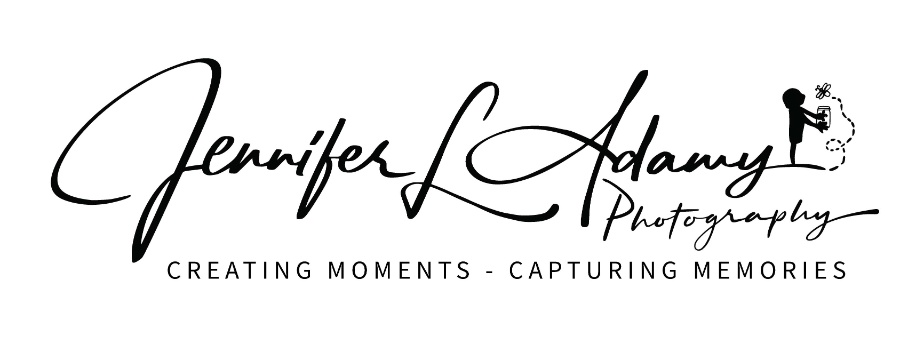The photos that I deliver to you are part of my life’s work as an artist, even though they may be of you, they are very personal to me. These photos carry my brand and represent my work so there are a few important restrictions to note when it comes to the professional digital images that you receive.
1) Copyright. The digital images that I provide you with have a copyright, which means that I have the option to use these images to market my work anytime in the future, provided you have signed the model release. I am very respectful of my clients, if there are any images that you would prefer to keep private, please let me know. Your gallery is delivered password protected and is not visible to anyone else. This is so you can preview it before I begin using any images. Please keep in mind that I am not going to use images that don't represent you or me in the best light.
2) Image type. I do not provide you with the original files or raw images. All images I deliver have been cropped, lightly edited, and are delivered in a compressed jpeg format. Digital storage space can become costly and raw files are large. For this reason I keep raw files in my archive for 1 year and jpeg files are maintained for 2 years.
3) Image altering. While I appreciate your business and welcome and encourage the sharing of our photos on social media platforms, Please respect that these images may not be altered in any way as this is against copyright policies.
What constitutes image altering?
- Adding filters or editing photos in Photoshop
- Removing my logo
- Color correcting or including transitions from color to black and white
- Clipping people or objects out of the original shot
Why do I have this as a restriction? My photos are a representation of my work, when a customer alters an image it directly impacts my brand. When I present you with final images, they have already been through my editing process and should not require further alterations. I truly appreciate your loyalty and cooperation in this matter. If you would like images edited in a different way then what was delivered, please contact me. If it is a quick fix, I don't mind doing this for you. Some edits may require a bit more time and would be charged at an hourly rate and can be quoted you to you at the time of your request.
And now that you know my policy, here is some more information from my trade association, Professional Photographers of America. Knowledge is power right?
DID YOU KNOW? 1. More than 140,000 photographers in the U.S. rely on copyright protection to keep their businesses afloat.
2. A photograph is copyright protected the moment a photographer snaps the image until 70 years after their death. Protection covers both published and unpublished works.
3. Photos don’t have to bear the © mark to be protected. Even if the image hasn’t been marked as copyrighted, that doesn’t mean it is free to use or in the public domain.
4. Just because you see others posting a photograph with no © mark doesn’t mean you can too. Many people have licensing agreements that grant them the use of images with no watermark.
5. Images you find online are copyrighted unless otherwise noted. While it’s true that Fair Use Laws are vague and open to a lot of interpretation, courts will generally rule in favor of the copyright owner.
6. Posting a photographer’s work on social media without permission most likely represents a copyright infringement. The Internet makes online copyright infringement a ballooning problem and legislation changes are underway to address this issue.
7. Just because you purchased a print or paid for a photo shoot doesn’t automatically mean that you can do anything with it. Printing, copying, displaying, or altering photographs without permission are examples of copyright infringement.
8. Copyright infringements can result in civil and criminal penalties! It’s the rule of law, and ignorance of the law (the Intellectual Property Law) is not an excuse; you may be held liable whether the infringement was intentional or not.
9. Infringement cases affect your local economy because they impact the small photography businesses in your area.
10. Not every copyright infringement case ends up in court, but those that do can be very costly for the infringer! Copyright lawsuits will be heard in front of a federal court (not your state’s court), and most courts will rule in favor of the photographer. It is not uncommon to see verdicts with up to $150,000 in statutory damages per image!
HOW CAN I CAN YOU HELP? • Reading this is a great start. Thank you! • Ask for permission. Never print, post, or reproduce a photograph without written permission from the photographer. If you want a copy or a digital file, ask the photographer how to obtain it, legally; you will be supporting their business and protecting yourself. • Share what you now know about copyright! It’s all about awareness. Thank you for helping professional photographers and other artists stay in business!


Leave a comment
0 Comments